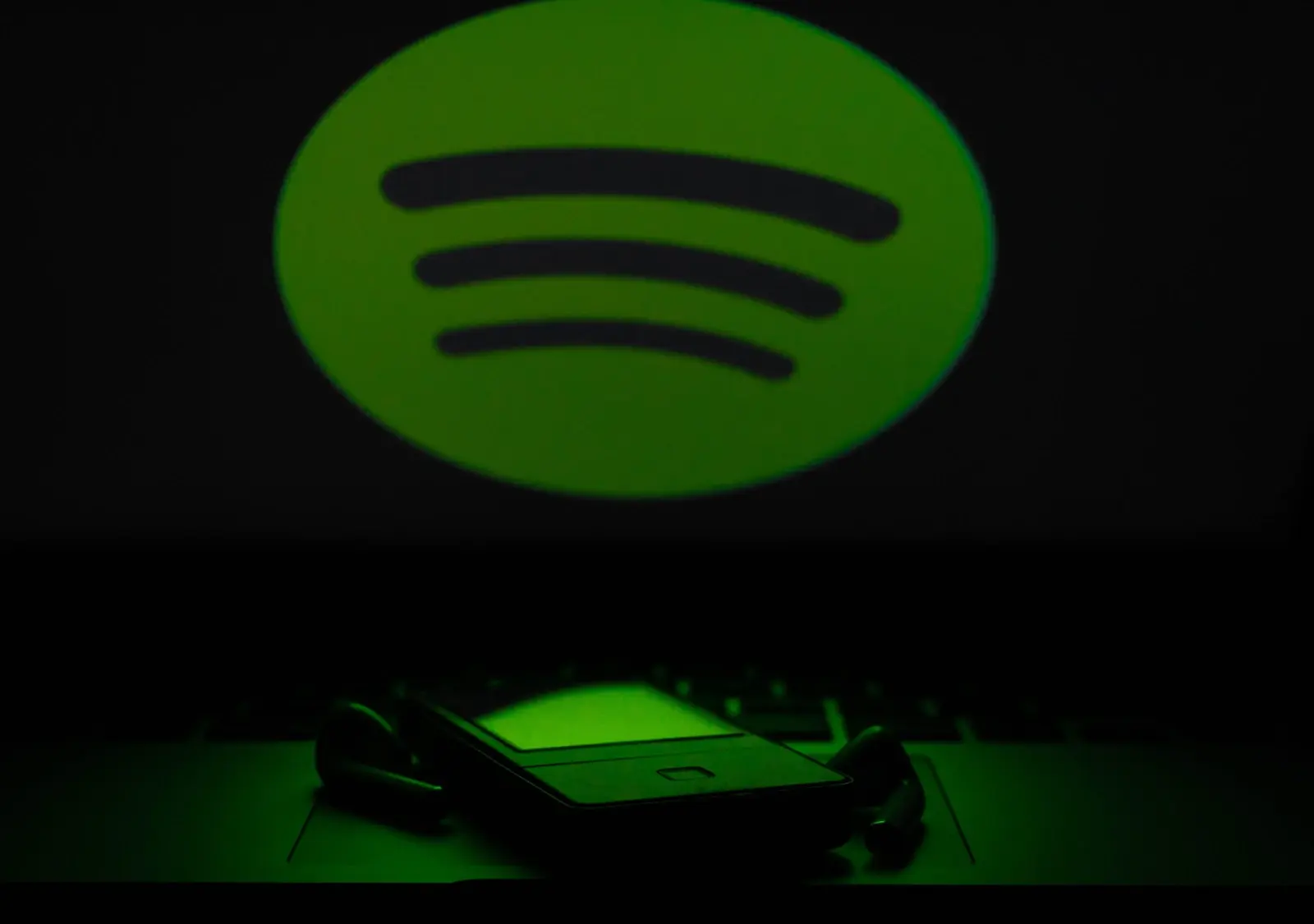This article is weirdly written, but the one I found it via is so clickbaity and overexcited Spotify is changing its royalty model to crush streaming fraud and introduce a minimum payment threshold. Its plan? To shift $1 billion in payouts towards ‘working artists’ over the next 5 years. (what a title… and in all caps…)
Relevant and why I’m posting this:
Introducing a threshold of minimum annual streams before a track starts generating royalties on Spotify – in a move expected to de-monetize a portion of tracks that previously absorbed 0.5% of the service’s royalty pool;
As a fan of some bands that checks currently have only 191 monthly listeners for all their works combined on Spotify, this is absolutely moving in a direction that I’d expect a major label owned service to move in.
Glad I never supported Spotify! Bandcamp ftw
Ditto :) Recently (with the sale to Songtradr) downloaded my whole collection as flac for proper archival :)
I’ve always loathed Spotify, I didn’t know that feeling could sink lower.
Between 2019 and 2022, artists direct streaming revenue grew by 130% while the majors grew by 58%. Long-tail artists are growing their share of ear (even accounting for the fact that algorithms are not neutral agents). In 2022, artists direct accounted for 8% of global streaming revenue and at current trajectory would reach 10% by 2025. Consider that WMG’s share was 16% in 2022, and it becomes clear just how significant the long-tail pool is.
But here is where the cynical genius of the two-tier system comes into play. Right now, streams and revenue are effectively synonymous, but by this time next year, they will mean very different things. The majority of artists direct will no longer be paid for their contribution to the value of the $11.99 subscription. The c.10% of consumption they will generate will disappear from the streaming revenue map. They will be othered, their revenue becoming a new black box for the biggest artists to share between themselves. Which means that, hey presto, all that annoying artists direct market share suddenly gets reallocated to everyone else. Market share erosion? What market share erosion?
This is indeed horrible, unclear writing. Does it actually mean that Spotify will just stop paying less popular artists altogether?
I think so. Assuming the number-estimates in the horrible-headline-article are right, they’d stop paying artists for songs played for less than about 17 times a month.



